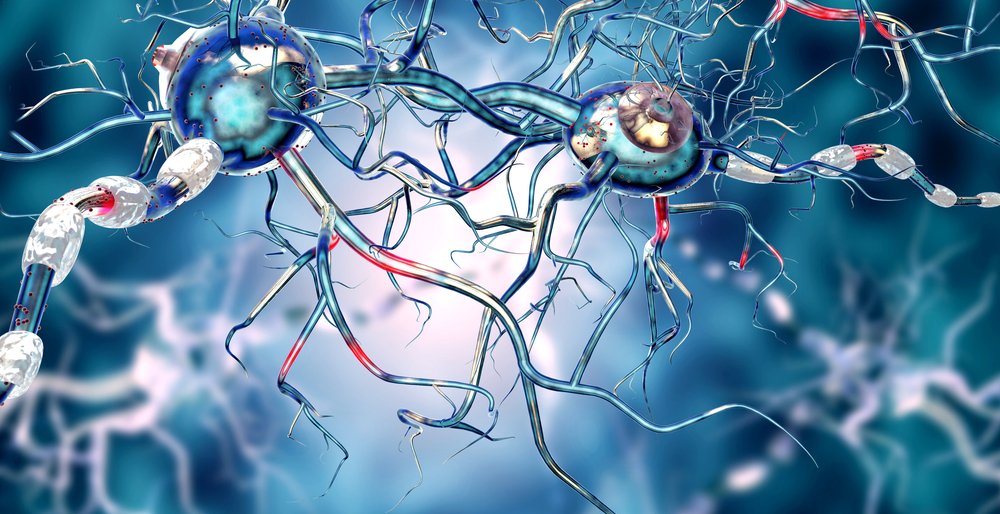MS Treatments Gilenya and Aubagio May Help Treat Batten Disease, Mouse Study Suggests
Written by |

Treatment with anti-inflammatory drugs fingolimod (Gilenya) and teriflunomide (Aubagio) may potentially fight brain inflammation and neuronal death in patients with neuronal ceroid lipofuscinoses (NCLs or CLNs), according to new reserch. CLNs are a group of disorders of which Batten disease is the most common.
Aubagio, marketed by Sanofi, and Gilenya, a Novartis drug, are two anti-inflammatory drugs approved by U.S. Food and Drug Administration (FDA) for the treatment of multiple sclerosis (MS), a condition marked by progressive loss of motor neurons.
The study was titled “Fingolimod and Teriflunomide Attenuate Neurodegeneration in Mouse Models of Neuronal Ceroid Lipofuscinosis” and published in the journal Molecular Therapy.
Previous studies in animal models of infantile and juvenile forms of CLN disease (CLN1 and CLN3, respectively) have shown that inflammation in the brain greatly increases neuronal damage. Thus, anti-inflammatory treatments may improve disease outcome.
Using mice with CLN1 and CLN3 disease, researchers stimulated the development of inflammatory processes similar to those seen in autopsies of CLN patients. They then treated these mice with the anti-inflammatory drugs Gilenya and Aubagio to investigate whether these treatments would reduce brain inflammation.
Results showed that treatment with these drugs reduced signs of brain inflammation in both mouse models and decreased neuronal damage and loss, retinal thinning, and brain atrophy. Both drugs were well-tolerated and side effects were not detected.
Together, these findings support the use of two already approved anti-inflammatory drugs as a potential treatment to reduce disease progression in CLN1 and CLN3 disease.
“Early application of the drugs, as in the present [study], should be possible in most cases because diagnosis of the common CLN disease forms improved significantly over the last years,” researchers wrote. “Moreover, younger siblings, being pre-symptomatic disease carriers, will likely profit most.”
“Ideally, clinical trials using fingolimod or teriflunomide should be performed in the future to assess their efficacy in CLN1 and CLN3 disease,” they added.
“However, because both drugs are relatively safe and already ‘established’ in clinical use for more frequent chronic neuroinflammatory disorders, at the moment, off-label use of the immune modulators may help to make the orphan CLN diseases more bearable for patients and their relatives, at least until safe causal therapies may become available,” researchers wrote.




